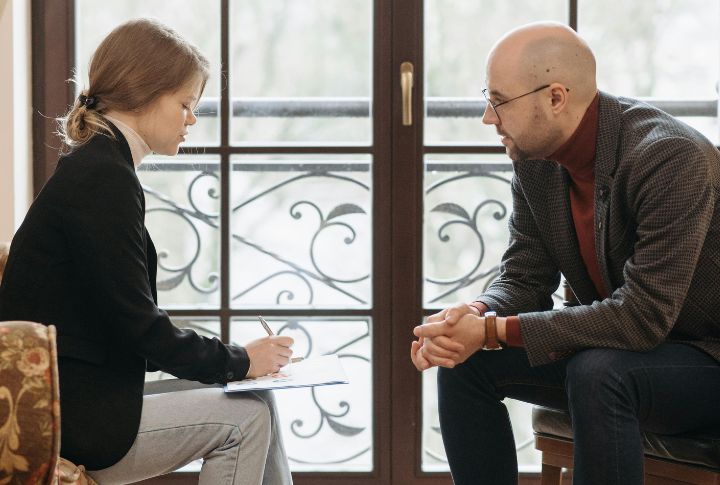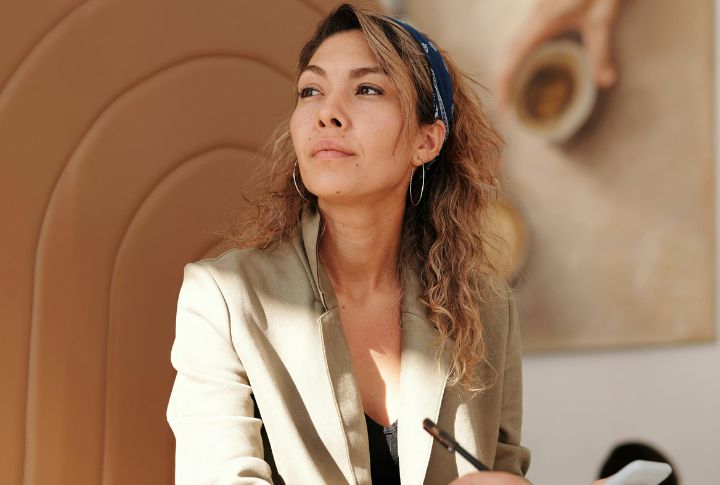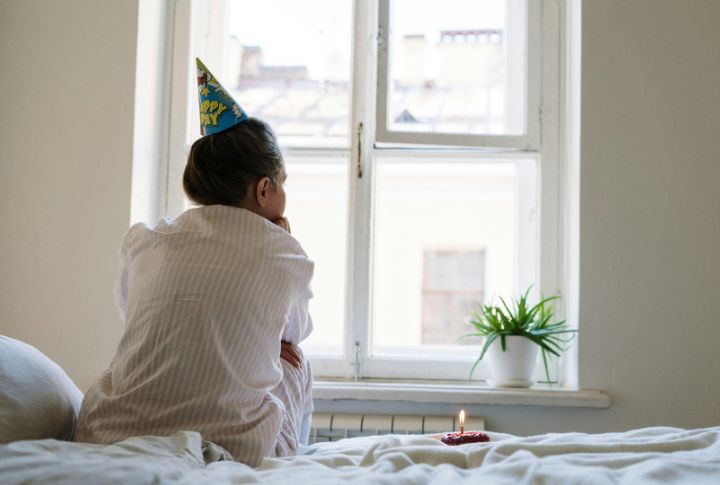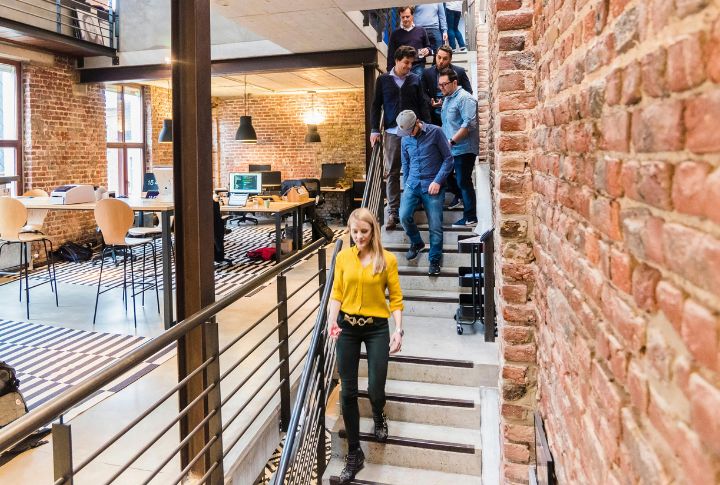
Not every quiet reply or missed greeting means someone’s being rude. What looks like coldness or disinterest might be something completely different. Many misunderstood habits are signs of personal boundaries, different communication styles, or even just how someone copes. These are ten behaviors that get a bad rap, but they deserve a second look.
Preferring Quiet Over Small Talk

Casual banter and exchanging pleasantries aren’t for everyone. For introverts and deep thinkers, quiet moments signal comfort rather than awkwardness. Choosing to listen instead of filling the silence is frequently a form of respect. In many cultures, silence is not a gap to fill, but a reflection of wisdom and presence.
Avoiding Eye Contact

Avoiding eye contact is mostly misunderstood as evasive or rude. But for neurodiverse individuals, especially those with autism, eye contact can be overwhelming or distracting. What feels natural to one person might be stressful for another. Keep an open mind with people who are specially abled.
Not Smiling Constantly

Not everyone walks around with a smile, and that doesn’t mean that they are unhappy. Some people have a naturally neutral or serious resting face, which is perfectly normal. Cultural norms also play a role in how often people smile. Constant cheer isn’t a universal default, nor should it be expected of anyone.
Withdrawing From Group Events

Turning down a party invite or leaving a group early doesn’t mean someone dislikes the people around them. Social situations can be exhausting for those who recharge through solitude. People with anxiety, or anyone going through a stressful period, may need alone time more than social time.
Declining Food Or Drink

If someone says no to a snack or drink, it doesn’t mean that they are being impolite. There could be multiple reasons leading up to this issue. You could ask them about it or simply accept that you don’t have to read too much into it. Hospitality includes respecting quiet boundaries, too.
Not Greeting Or Saying Goodbye

Skipping a hello or slipping away without a goodbye might seem rude, but often it’s rooted in nervousness or social discomfort. Some people feel awkward about how to enter or exit a conversation gracefully. In other cases, they may be preoccupied or unsure of the social rules.
Needing Personal Space

Everyone has different boundaries when it comes to touch and proximity. Pulling away or stepping back is a form of self-preservation. People who are sensitive to touch and overwhelmed by crowds simply value their space and are not being cold. They’re just honoring their comfort zones, which deserve respect.
Arriving Late

While chronic lateness can be frustrating, it’s not always about being inconsiderate. People dealing with ADHD or parenting responsibilities may genuinely struggle with time management. In some cultures, punctuality is also more flexible. A quick apology or heads-up usually shows the intent wasn’t to disrespect anyone.
Wanting To Have Lunch Alone

Choosing to eat alone isn’t always a sign of being antisocial. For many people, lunch is a sacred pause and time to recharge themselves before they start getting social again. It’s simply a way to protect energy and maintain mental clarity.
Not Showing Interest In Personal Lives

Some people prefer to keep conversations professional or light because they value privacy. They may find personal questions invasive or struggle with small talk. This is a different comfort zone. Respecting these boundaries builds trust without forcing emotional intimacy where it doesn’t belong.

